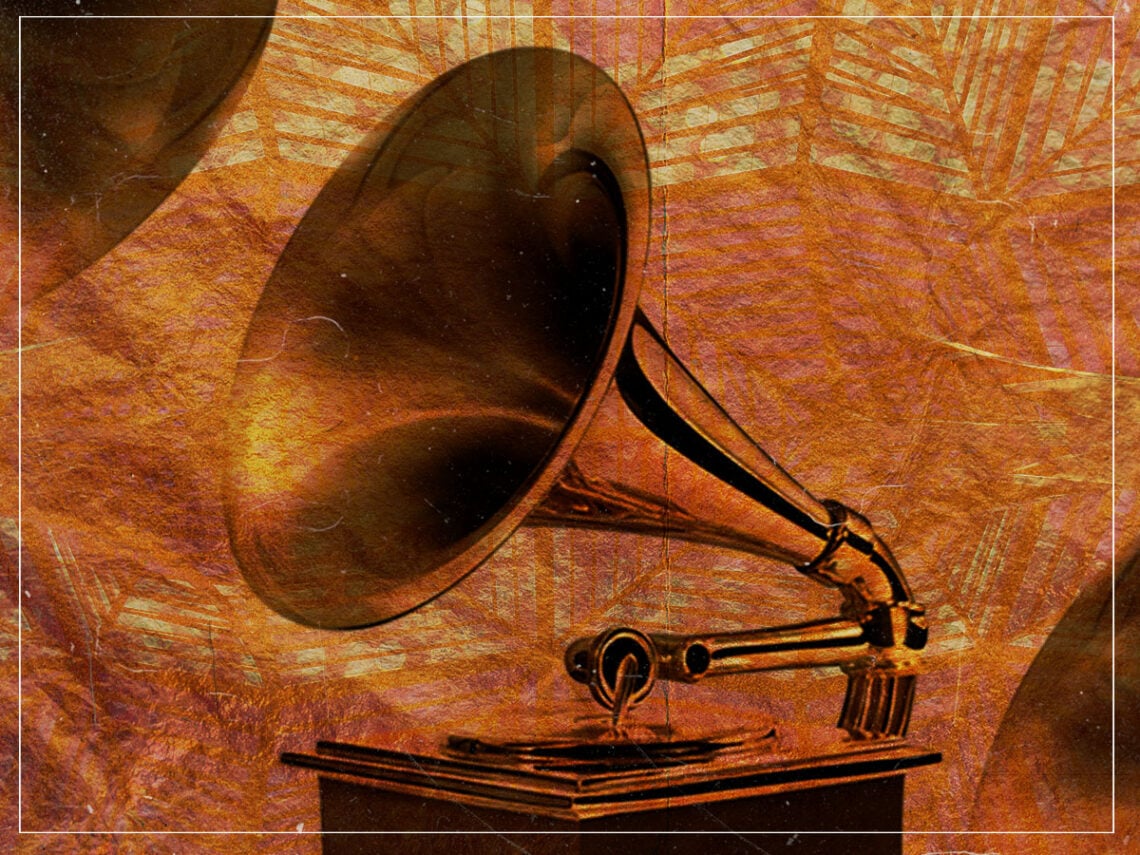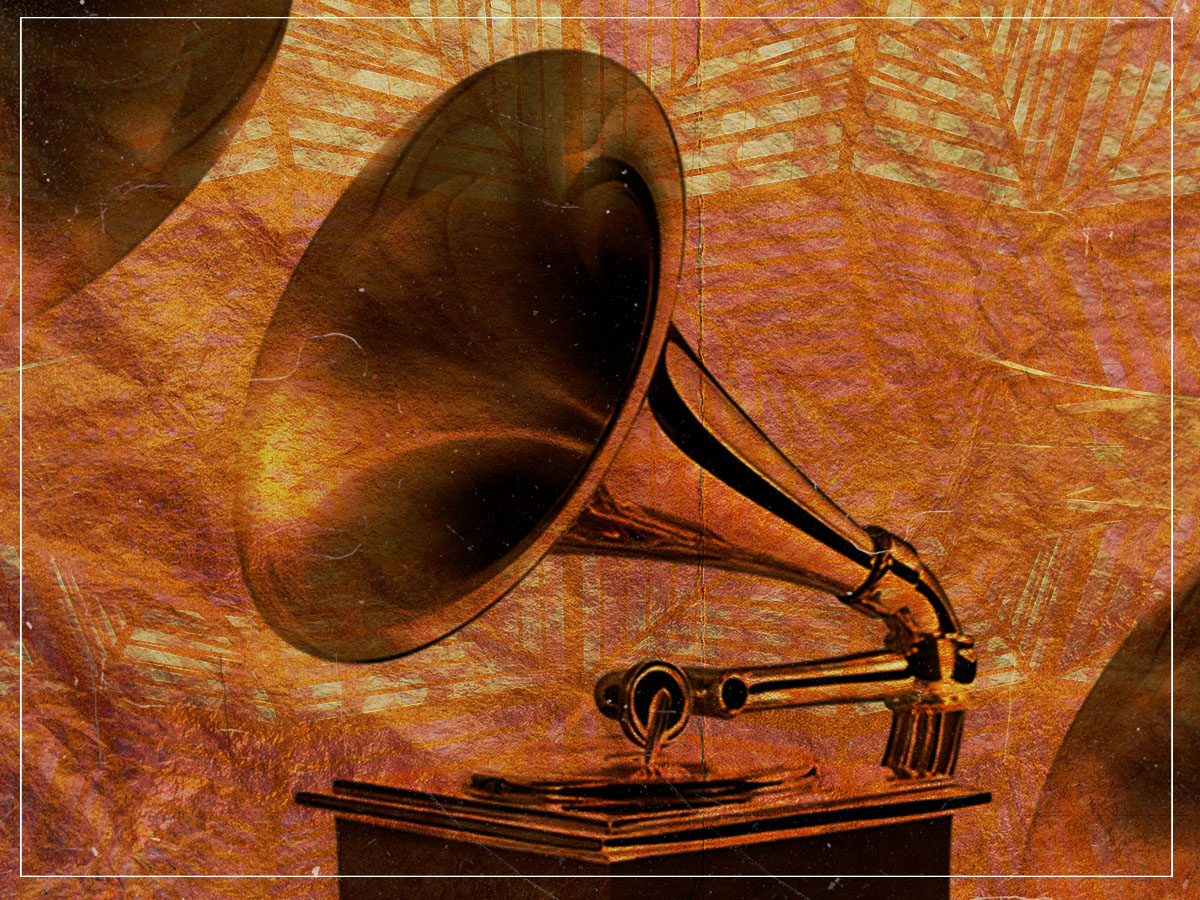
(Credits: Far Out / Recording Academy)
Fri 21 November 2025 4:30, UK
The 1960s still hadn’t finished when 1970 rolled along.
Not that any decade automatically cuts a cultural reset with every new decade, the West Coast flower power embers still blowing across the rock and pop world of the 1970s’ first 12 months. The decade’s true musical offering would begin with glam, the moment that a generation of rockers offered glittery escapism over the stultifying double-denim singer-songwriter chart cloggers.
Much of it is fantastic, but not pointing to the shimmering future that T Rex or Ziggy Stardust would so thrillingly point to in two short years.
Disco and hip-hop were way off, although punk’s awaiting insurgency had hints. 1970 was the year of The Stooges’ immortal Fun House, the feral LP sequel to their eponymous debut that set a standard future punks would look back to amid prog’s bloated theatrics.
Rock in general was shifting toward harder territory, too. 1970’s Deep Purple in Rock and Led Zeppelin III would help, but Black Sabbath’s double-whammy would stand as the most enduring, melding their heavy blues attack with downtuned strings and macabre lyrical fancies that would stand tall across the decade for the metalheads about to yield its ‘new wave’ by the decade’s end.
Still, the 1970s’ upcoming musical eclecticism began to be spotted at the 12th Grammy Awards. Across the myriad gongs that were up for collection were R&B queen Aretha Franklin, Moog synthesizer expert Wendy Carlos, Americana pop rocker Harry Nilsson, and the immortal Burt Bacharach, among countless others. It was a packed ceremony, ABC broadcaster zig-zagging between five different city locations.
The big one, however, along with ‘Record of the Year’, is the coveted ‘Album of the Year’ trophy. 1970 presented some stiff competition, with the nominations including The Beatles’ Abbey Road, The 5th Dimension’s The Age of Aquarius, Crosby, Stills and Nash’s debut, and The Man in Black’s iconic Johnny Cash At San Quentin. The evening’s winner, however, was a band huge in their day, but not enjoying the same towering legacy as their fellow nominees.
So what won ‘Album of the Year’?
While released in December 1968, Blood, Sweat & Tears’ self-titled sophomore would enter eligibility for the 1970 Grammy, scooping up the best album win. A jazz-rock ensemble initially led by Al Kooper, boasting a brass section and largely covering the contemporary hits of the day, Blood, Sweat & Tears would enjoy acclaim for their marriage of complexity and pop heft, gaining further countercultural pedigree when playing the lauded Woodstock Festival.
Yet, stints with the US State Department for sponsored tours across the Eastern Bloc would face accusations of co-opting by ‘the Man’, a cardinal sin in the rockist age of political radicalism. Even worse was the highly-paid show at Las Vegas’ Caesars Palace, miring the band in further impressions of ‘selling out’.
It’s easy to catch a whiff of the prog about Blood, Sweat & Tears, but its jazz-fusion scope and colossal compositional edge at the very least speak to a moment in rock when the gloves were off and no limits were placed on any band’s creative vision.
Related Topics
